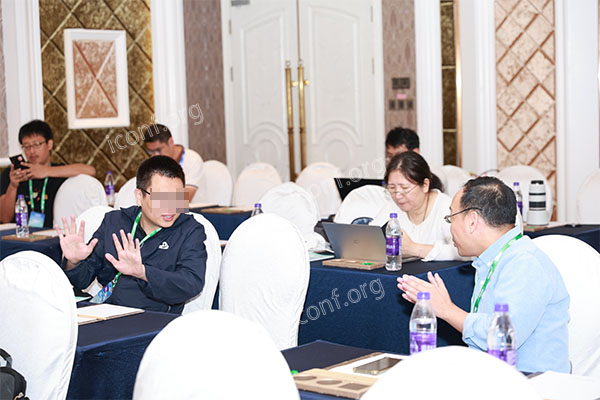The world of Food Sciences is constantly evolving, driven by innovative research and groundbreaking discoveries. As global challenges like food security, nutrition, and sustainability demand urgent solutions, researchers are stepping up to share their findings. If you’re working on projects in food sciences, responding to a call for papers (CFP) is your gateway to academic visibility and impact.

A call for papers in Food Sciences is an open invitation for scholars, scientists, and industry experts to submit research papers, articles, or case studies for publication or presentation at a conference. These calls often cover a wide range of topics, such as:
Food technology innovations
Nutritional science and public health
Food safety and quality control
Agricultural biotechnology
Sustainable food systems
Functional foods and bioactive compounds
Food supply chain and logistics
Contributing to a CFP helps researchers showcase their expertise, connect with global peers, and contribute to the advancement of food science and technology.
Identify the Right Opportunity
Look for reputable conferences and journals that focus on your research area within Food Sciences. Choose those indexed in databases like EI, Scopus, or Web of Science for greater visibility.
Review the Submission Guidelines
Each CFP has specific formatting and submission requirements. Carefully follow them to increase your chances of acceptance.
Prepare Your Manuscript
Write a clear, well-structured paper highlighting your methodology, results, and conclusions. Focus on how your research addresses real-world challenges in food systems.
Submit Before the Deadline
Timely submissions are crucial. Keep track of important deadlines and respond accordingly.
For researchers seeking a centralized platform to explore Food Sciences call for papers, consider using iconf.com. It provides access to various academic conference opportunities, helping scholars navigate the submission process effectively.
Publishing in Food Sciences allows researchers to contribute to solving global issues like hunger, climate change, and health disparities. It also enhances professional credentials, opens doors for collaboration, and fosters a vibrant community dedicated to food innovation.